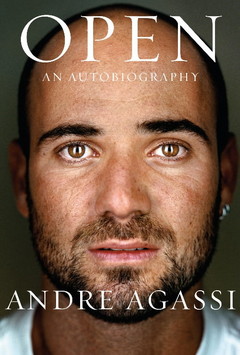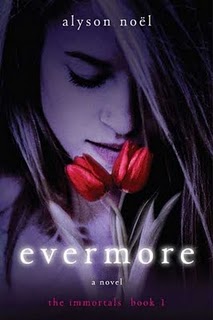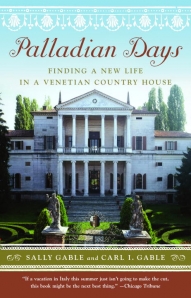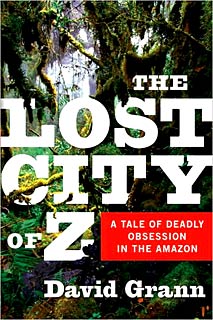I’m a sucker for memoirs, especially well-written ones by interesting people. I was doubtful — at first — that this one would be well-written, but I was game to read it anyway: I’ve adored Agassi for years. And I was pleasantly surprised: while the writing style took some getting used to (there are conversations, but no quotation marks, which bugged me at first), thanks to the help of J. R. Moehringer, this book was honest — almost brutally so — and interesting.
It’s basically Agassi’s story about his relationships: with tennis, with his father, with the women in his life, with his trainers and coaches, with himself. It wasn’t an easy road: he was (you get the impression, by the end, that he isn’t anymore) a very tortured individual. He was often depressed, conflicted, unsure of himself. You would think it would be a very depressing book, a harsh read, and yet it’s not. Partially that’s because it’s fascinating (I thought, anyway) to see Agassi’s tennis career from his point of view. It’s interesting to see the inner conflict between his hatred of the sport and the fact that he had this natural talent for it. It’s interesting to see his career ups and downs from his point of view — like how much losing to Pete in Slam finals really ate at him, and how much winning the 1999 French Open meant to him. He breaks down most matches he played, talks about the men he played against (dislikes Connors, loathes Chang, and hates Becker; respects Borg, Federer and Sampras), and talks about what was going through his mind. I found it interesting to see the game from the inside (even if it was tortured), to get a feel for what goes on in the head of a player on the court. Fascinating stuff.
But what really made the book for me was when Agassi finally got to his relationship with Steffi (he calls her Stefanie, since that’s what she prefers, which I think is really sweet) Graf. She’s a running theme through the book, an aside here and a mention there (I wonder if it really happened that way, or if he’s just remembering it that way because he loves her), but his recollection of their first “real” meeting (they met in 1991 and 1992, and she brushed him off) in 1999, before the French Open, is so incredibly sweet, you can’t help but smile. And for the rest of the book, the tone changes: he’s a better man because of her. (Well, that, and he finally realizes that doing something for someone other than yourself is a helpful thing; he’s so incredibly proud of the school he’s helped build and the good it’s doing.) Maybe he’s not a better player — he still wins some and loses some — but he’s less conflicted, more sure of himself.
I’m not sure if your average reader would like this book, though. It’s for fans of Agassi, of tennis. But for us, it’s fantastic.
Rated: High. Language, language, language.




